Health and Nutrition
Blue Zones: Secrets to Living Past 100 Revealed by Global Longevity Research
Discover how simple lifestyle habits can lead to a longer, healthier life.

Imagine waking up at age 102, sipping herbal tea, taking a peaceful walk in the garden, then doing some light work in the field, with no medications or chronic illness, just a calm smile and a simple, meaningful life. For those living in the world’s “Blue Zones,” this is daily reality.
What Are the Blue Zones?
The "Blue Zones" were identified in a 2004 project led by American journalist and researcher Dan Buettner, in collaboration with National Geographic and the U.S. National Institute on Aging. The term was first coined in 2000 by Belgian demographer Michel Poulain and Italian scientist Gianni Pes, who marked areas in Sardinia with unusually high numbers of centenarians using a blue pen- hence, “blue zones.”
Buettner expanded the research, identifying five regions worldwide where people live significantly longer, healthier lives:
Ikaria, Greece – a serene Aegean island
Ogliastra, Sardinia, Italy – a remote mountainous area
Okinawa, Japan – a southern island group known for vitality
Nicoya Peninsula, Costa Rica – a lush, tropical paradise
Loma Linda, California, USA – home to a strong Seventh-day Adventist community
These regions don't share exceptional genetics, but healthy lifestyle.
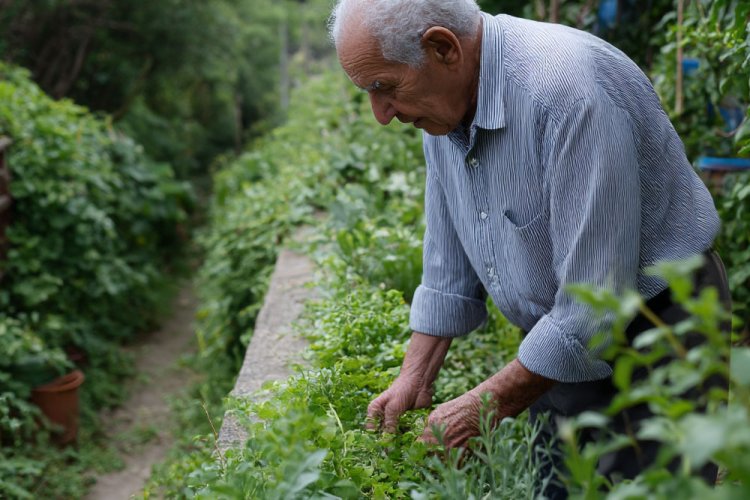
What’s Their Secret? Key Habits of the World’s Longest-Living People
Researchers discovered a repeating pattern across all five zones- a simple daily routine rooted in a few powerful habits:
1. Natural, Mostly Plant-Based Diets
They are not vegans or keto followers. People in Blue Zones eat real, local food:
Fresh vegetables, legumes, nuts, olive oil
Small portions of meat- usually only on special occasions
Whole grains, traditional breads, and minimal processed sugars
They eat in community settings, stop before feeling completely full (like the Okinawan rule: eat until 80% full), and share meals with family.
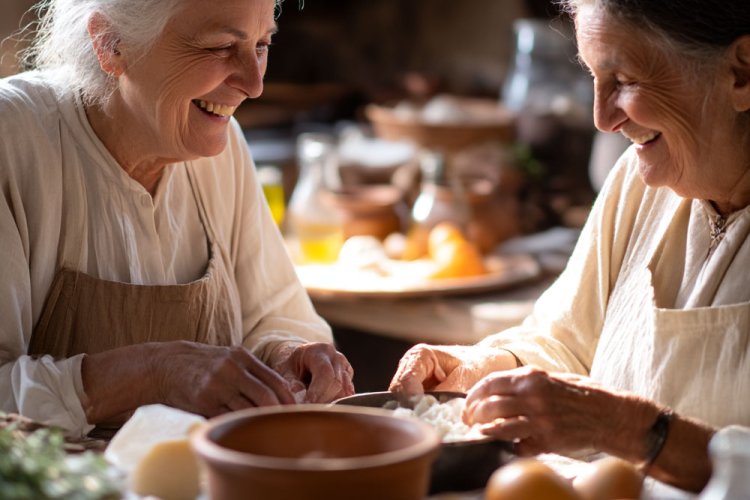
2. Constant, Natural Movement- No Gyms Required
They don’t hit the gym. Instead, they walk, garden, carry groceries, and climb stairs as part of daily life. In the Sardinian village of Villagrande Strisaili, the steep stone streets mean even a casual stroll is a workout. One 102-year-old local said with a smile: “I don’t exercise, I just walk home.”
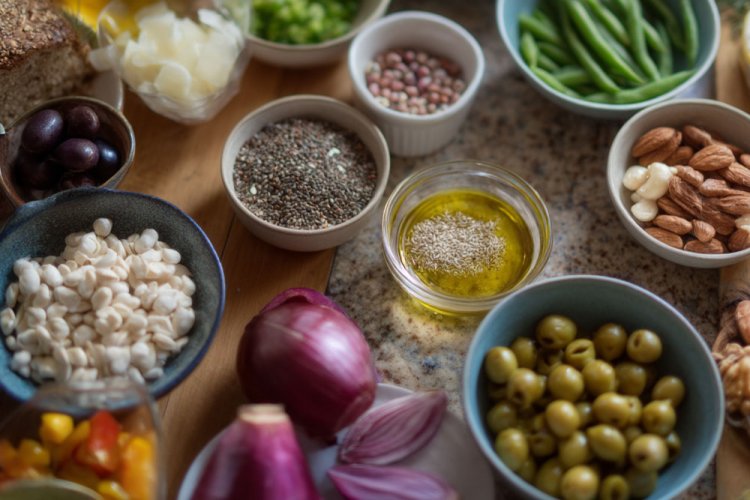
3. Low Stress, High Calm
Everyone experiences stress, but Blue Zone residents know how to release it. Whether through prayer, quiet afternoons, or tea with friends, they take time daily to pause, breathe, and reset. In Ikaria, time feels optional. People rise naturally with the sun, work in their gardens, enjoy afternoon wine, and rest peacefully, without rush and no endless to-do lists.
As a 95-year-old local put it: “We don’t ask what time it is- we ask what feels right.”
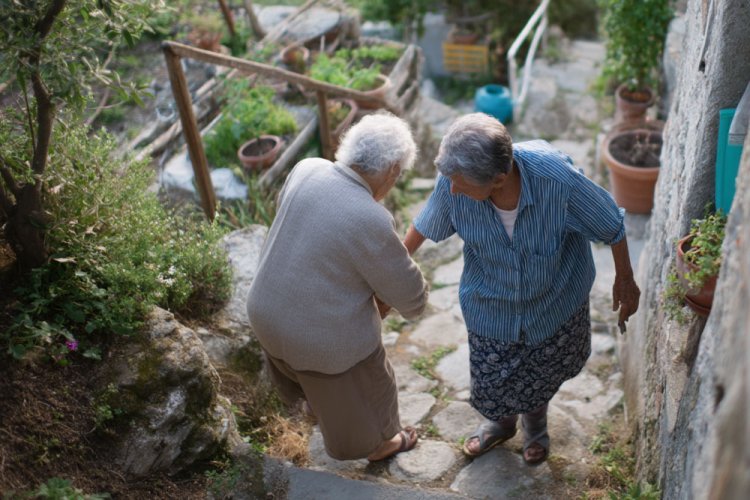
4. Strong Family and Community Ties
The support system is as important as the food. Elders are valued, not sidelined. They live with or near their families, remain socially engaged, and are never alone. In Okinawa, the concept of “moai” means a lifelong circle of friends who support each other emotionally and even financially. There’s no word for “retirement home”- it’s simply not necessary.
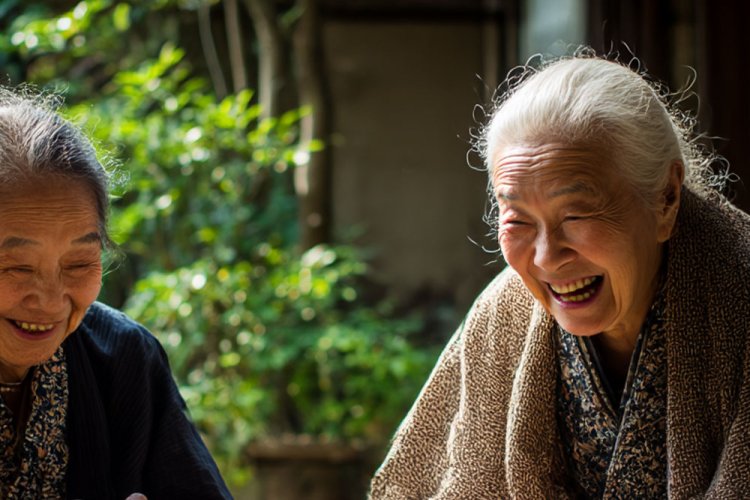
5. A Deep Sense of Purpose
People in Blue Zones have a reason to wake up each day, even in their 90s. Whether it’s tending a garden, helping raise grandchildren, or volunteering in the community, this sense of purpose fuels both body and mind. In Okinawa, it’s called “Ikigai”- your reason for being.
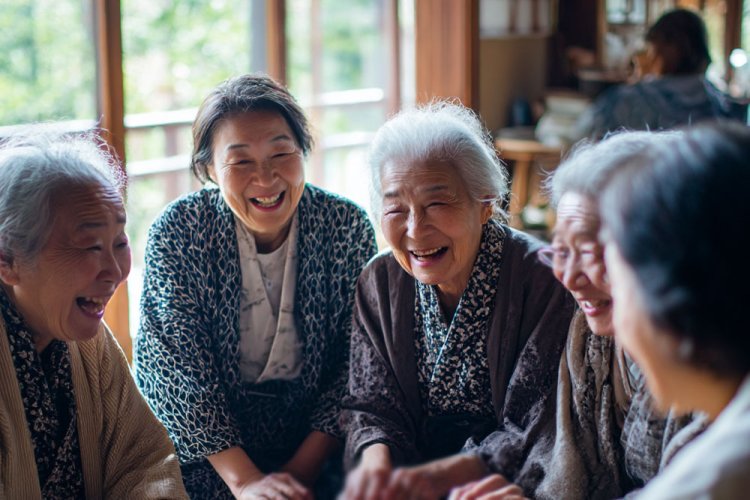
What Does the Science Say?
Two decades of medical, demographic, and lifestyle data support the Blue Zones’ approach:
Lifespan: People in these zones are 10x more likely to reach age 90–100
Chronic illness: Extremely low rates of heart disease, type 2 diabetes, and cancer
Cognitive health: Far lower rates of Alzheimer’s and dementia, linked to anti-inflammatory diets, active minds, and strong social bonds
Surprisingly, genetics account for only 20–25% of longevity.
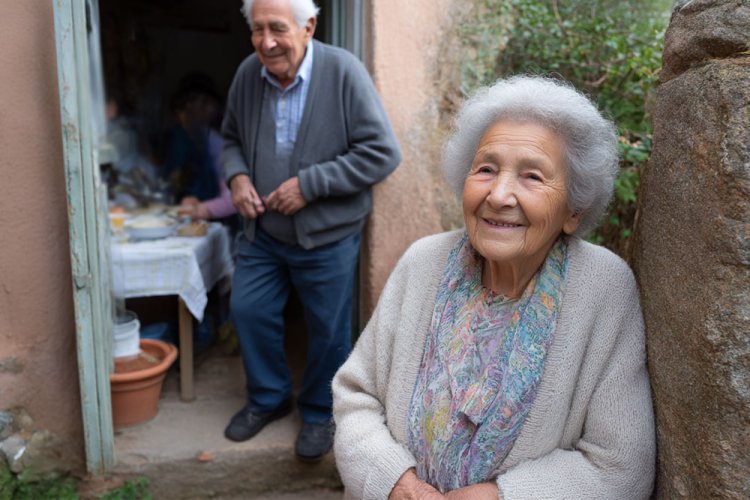
What Does Judaism Say About This?
A closer look reveals that many Blue Zone principles align with core Jewish values. It’s not mystical- it’s practical, age-old guidance.
The Rambam (Maimonides) wrote: “A person should care for their body so that their soul can know G-d.” He emphasized moderate eating, proper digestion, daily movement, rest, and emotional calm.
Jewish life is full of mindful pauses for prayer, Shabbat, and Torah study. Shabbat alone is a spiritual and physical weekly reset. The mitzvah “Honor your father and mother so that your days may be long” echoes the research’s conclusion: strong family bonds are key to long life.
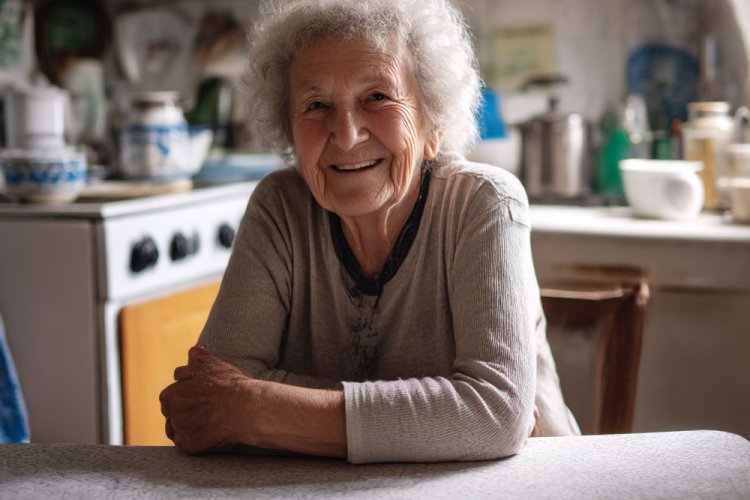
In Judaism, elders are treasured, and never seen as a burden. The value of community, kindness, and shared purpose is deeply rooted in halacha and tradition. The concept of “tachlit” (life purpose) reminds us that every person, regardless of age, has something meaningful to contribute.
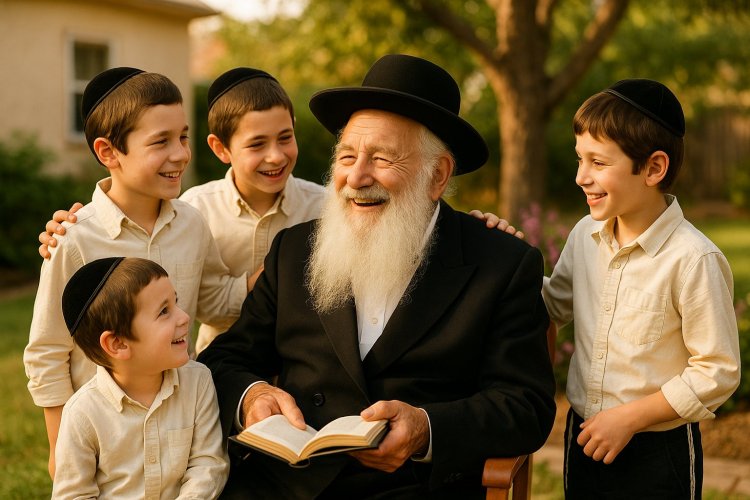
Long Life Is Simpler Than We Think
The Blue Zones don’t offer a secret formula- they offer a lifestyle that is connected, balanced, and purposeful. You don’t need to live on a Greek island or Japanese coast to follow it. Even in the heart of the city, you can take small steps, in your plate, your mindset, and your routine.
With a smile and a peaceful morning walk in the garden, maybe you'll celebrate your 100th birthday too.

